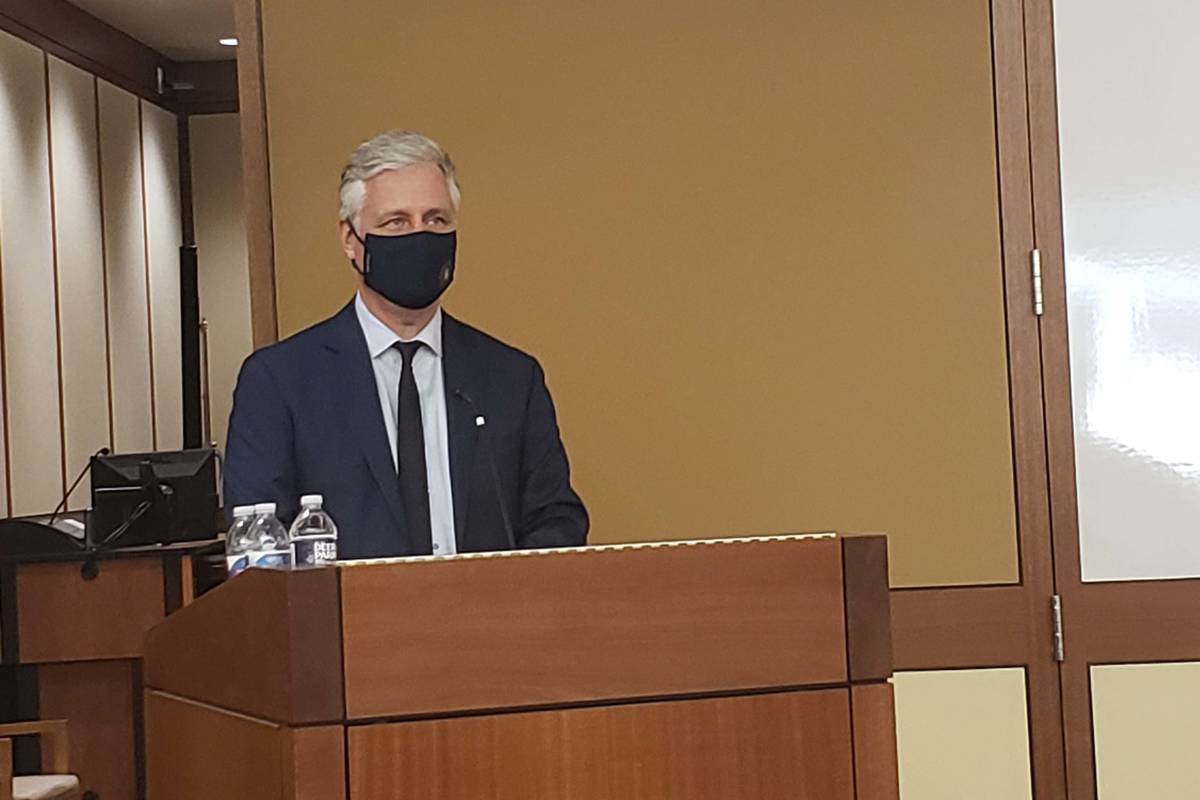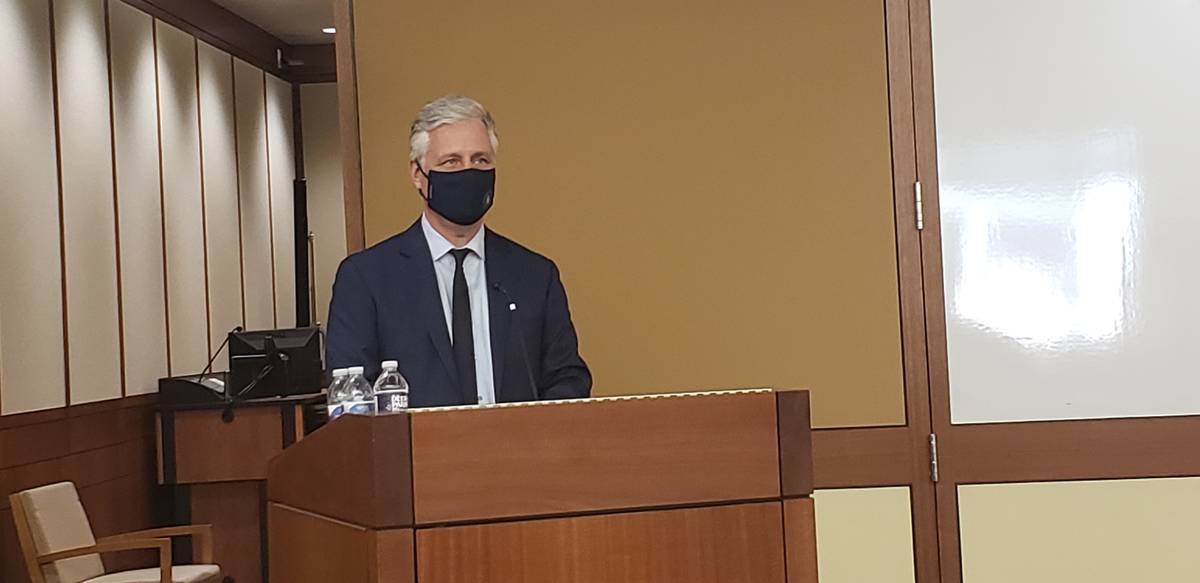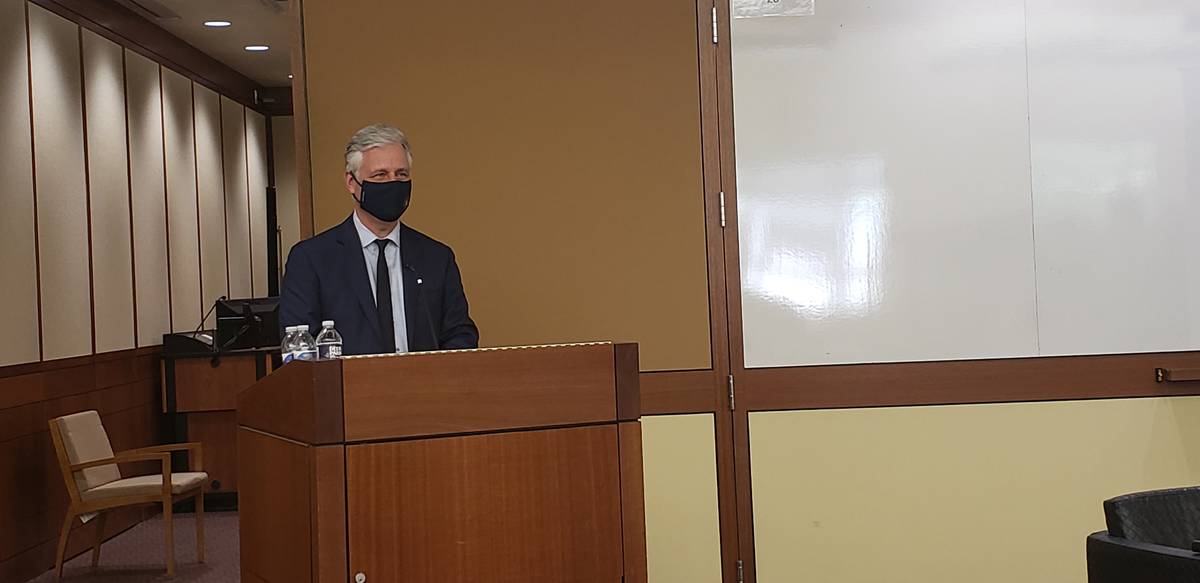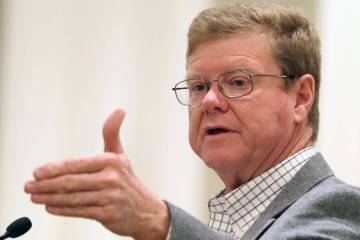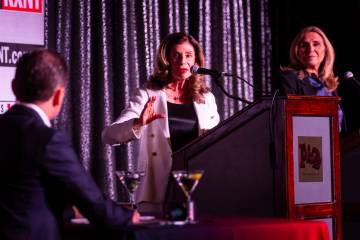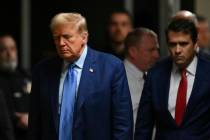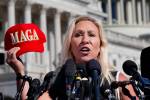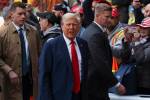Trump national security adviser trumpets US foreign policy at UNLV
Robert C. O’Brien, the White House’s top national security adviser, gave a wide-ranging talk Wednesday at the UNLV Boyd School of Law, where he discussed foreign relations, election security and the global effects of the COVID-19 pandemic.
O’Brien, who worked as a diplomat in the previous two administrations, said the country’s approach to foreign policy has changed completely under President Donald Trump.
“At first, we didn’t quite know what ‘America first’ meant,” he told a small group of local lawyers and students. “And what we learned is the president puts the American people — their safety, their rights and their families — first. He believes, like Ronald Reagan did, that the foundation of our national security policy is peace through strength.”
O’Brien said the administration has prioritized eliminating international agreements in which not all parties follow the rules or contain punitive measures for the country, listing the North American Free Trade Agreement and Paris climate accords as examples.
The president has also injected $2.5 trillion back into the country’s defense budget, “with more to come,” O’Brien said.
Negotiating the return of U.S. hostages and scaling back military forces in Afghanistan are also top priorities. The administration plans to reduce troop numbers in Afghanistan to 2,500 by January — down from 10,000 at the start of Trump’s tenure, O’Brien said.
O’Brien downplayed Russian social media disinformation claims as a possible threat to the election, saying instead that the possibility of state election websites being hacked on Election Day presents a larger concern as results go live in four weeks.
He envisioned scenarios in which a foreign country — China, Russia and/or Iran most likely — could hack into these local websites on election night to change the vote totals. The secretaries of state would be able to correct this by auditing the ballots, but the confusion may sow discord in an already polarized populace.
Many of O’Brien’s prepared remarks and questions submitted by the audience centered around China.
He said the United States’ tariffs and tougher attitude toward China are encouraging other democracies throughout the world to stand up to the superpower.
The pandemic has also increased scrutiny for China, though he noted a United Nations investigation into COVID-19’s origins isn’t likely due to the country’s veto power as a security council member.
O’Brien also talked up the president’s role in recent agreements between Israel and the United Arab Emirates. He said the administration anticipates other Arab countries are likely to join in warming relations with Israel in the coming months.
Trump has “ended the era of leading from behind,” O’Brien said, in regards to economic and physical threats posed by Russia, Iran, North Korea and Venezuela.
When asked about the country’s role in climate change, O’Brien said it will look to lower emissions through technological advances rather than limit itself in agreements like the Paris accords, which he said are not effectively reining in top polluters such as India and China.
Contact Rory Appleton at rappleton@reviewjournal.com or 702-383-0276. Follow @RoryDoesPhonics on Twitter.



